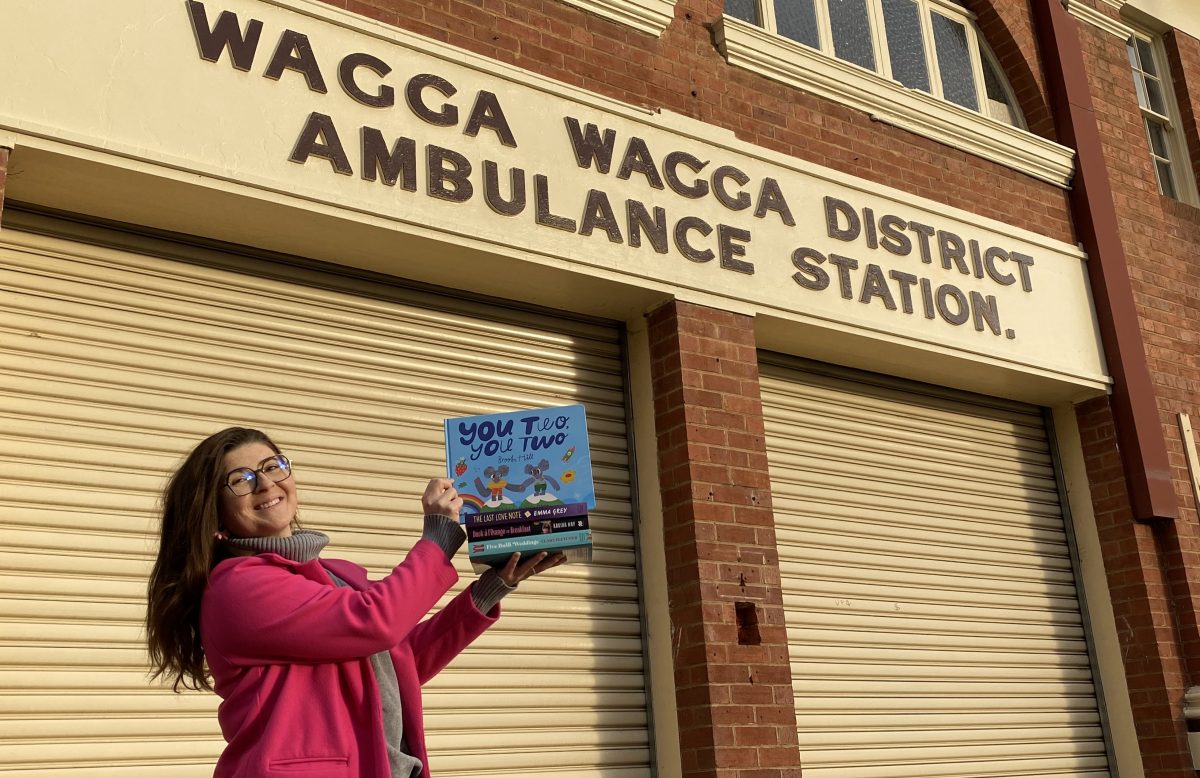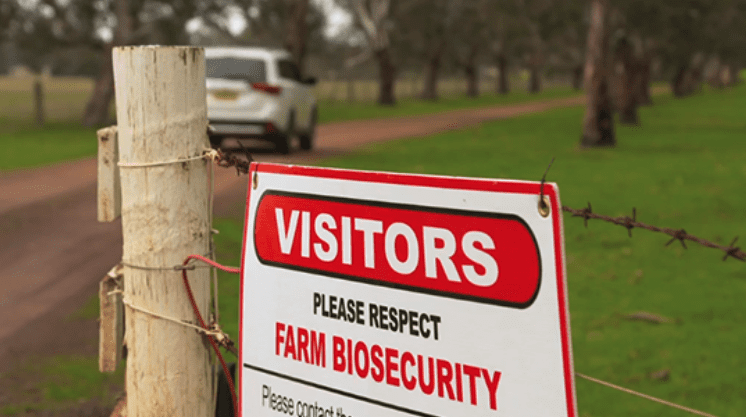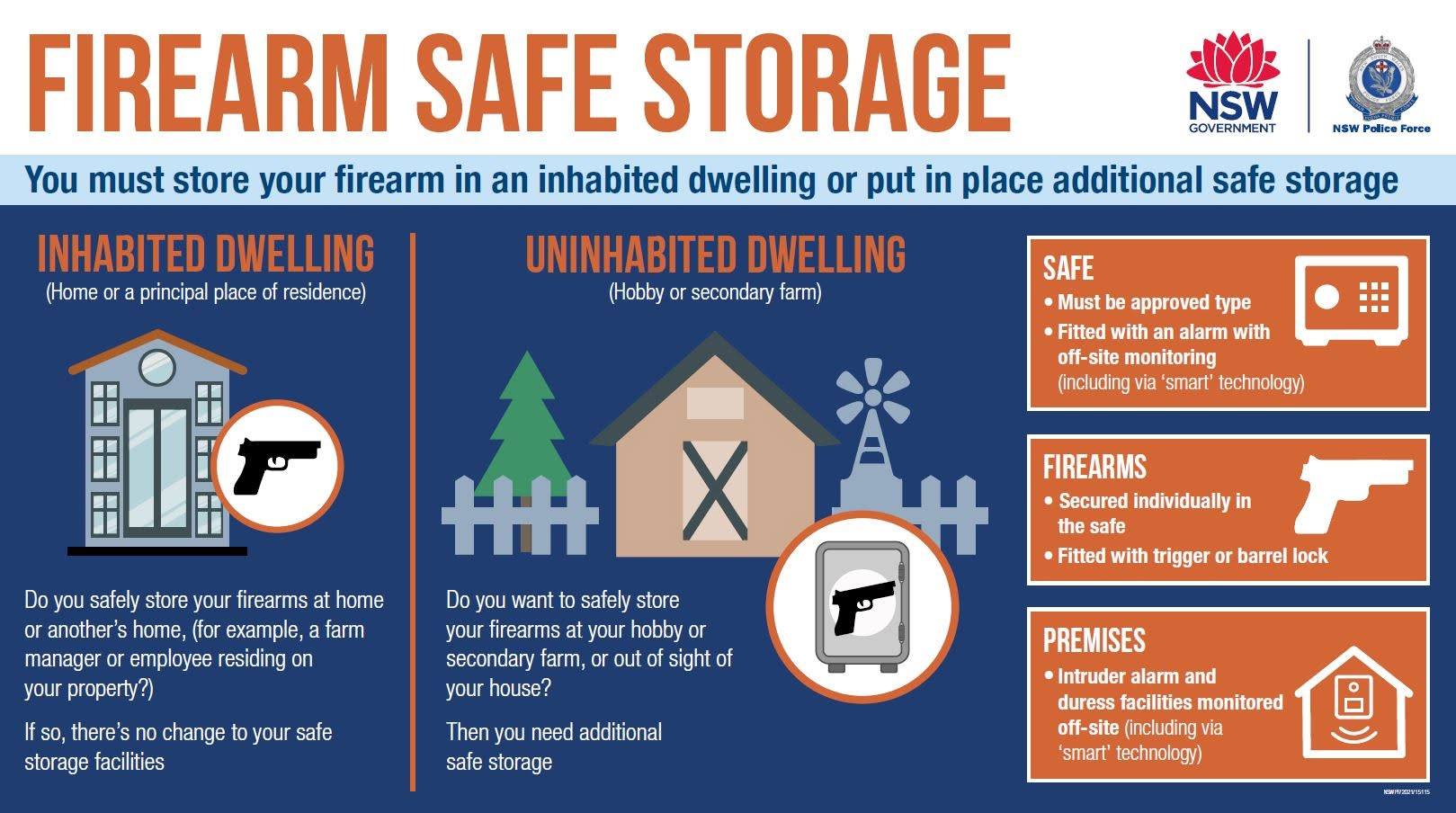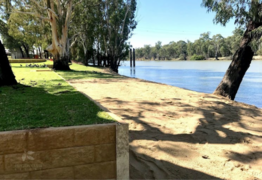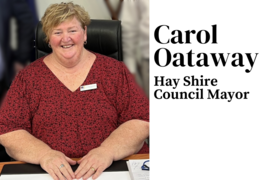When justice goes digital: Regional NSW grapples with bail reform
Kimberly Grabham
09 July 2025, 11:00 PM

So, you're a police officer in a small Western NSW town, and you've just arrested someone at 10am. Under the new bail system, there's a good chance that person won't see a magistrate until Monday, and you'll be stuck supervising them while emergency calls pile up on your radio.
It's a scenario that's playing out across regional NSW as the state government rolls out its centralised bail reform, designed to prevent tragedies like the death of Molly Ticehurst at Forbes in 2024.
Her former partner had been granted bail by a registrar before allegedly murdering her.
The changes mean adult bail applications for defendants arrested in regional areas are now handled via video link by magistrates from a newly created centralised division.
On paper, it sounds like progress – getting experienced magistrates to make these crucial decisions instead of registrars.
But the reality on the ground tells a different story.
Kevin Morton from the Police Association puts it bluntly: officers are being pulled off the streets to babysit accused people while magistrates work what appears to be school hours.
Meanwhile, bail-refused offenders are piling up in police stations, and emergency calls for help from the public go unanswered.
The 12pm cut-off for bail applications has become a particular sticking point.
Anyone arrested after 9am is unlikely to face court the same day because of the time needed for interviews, paperwork and legal visits.
It's a rigid deadline that doesn't account for the realities of police work or the complexities of regional life.
Anne-Marie Mioche from CatholicCare Wilcannia-Forbes sees it as trading one problem for another.
She argues that magistrates need to "really eyeball the person" to make proper judgements, understanding not just the charges but the local context – what family supports exist, what services are available, what kind of community they're dealing with.
"Obviously out in Western NSW, it's always more complex," she explains.
"There are long distances between the towns, small populations, and services are thin on the ground."
For Aboriginal communities, the impact could be devastating.
Karly Warner from the Aboriginal Legal Service estimates that up to 40 Aboriginal people could be denied access to culturally safe legal services each day.
Her organisation is already stretched thin across 82 Local Court venues, and the new system demands resources they simply don't have. "We're not talking about huge investments at the moment, but the simple matter is we can't have lawyers in two courts at the one time," Warner points out with characteristic directness. Local solicitor Darlow captures the frustration many feel about the reform: "I think it's a great idea but only if it actually works and the system refuses their bail."
Premier Chris Minns remains determined to push ahead, calling the reform "absolutely necessary" and dismissing the concerns as mere "teething problems."
He believes the kinks can be ironed out in practice, promising flexibility where the 12pm deadline might cause problems.
Chief Magistrate Judge Michael Allen has emphasised that the bail division consists of experienced judicial officers, including those who have lived and worked in regional communities.
The goal, he says, is ensuring "timely access to justice which is both principled and consistent."
But for the police officers holding the keys to crowded cells, the Aboriginal defendants who can't access their usual legal representation, and the communities watching their local courts become distant video screens, the question remains: is this efficiency or is it justice?
The government promises to work with police and magistrates to address the practical issues.
Whether that happens quickly enough to prevent the system from causing more harm than good remains to be seen.
"I think it's a great idea but only if it actually works and the system refuses their bail," said Hay domestic violence survivor Sechia Darlow.
For now, regional NSW is the testing ground for a reform born from tragedy, implemented with good intentions, but struggling to match the complex realities of life beyond the city limits.
NEWS
SPORT
RURAL
COMMUNITY
JOBS
VISIT HAY
VISIT BALRANALD
VISIT OUTBACK NSW
